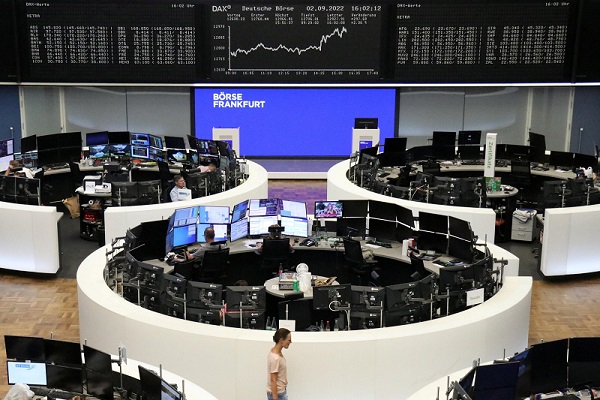On Friday, Seaport Research Partners lowered its rating on Paramount Global (NASDAQ:PARA) to Neutral from Buy. The firm cited the increasing complexity and potential volatility surrounding the company's corporate structure as reasons for the downgrade. Paramount Global's stock has seen appreciation, bringing it closer to the firm's target price, amidst rumors of an all-cash offer from a Sony/Apollo partnership.
The firm has decided not to alter its estimates for Paramount Global's shares at this time, following a recent adjustment post the first-quarter 2024 earnings release. Analysts noted that if the speculated merger involving Skydance, KKR, and RedBird is confirmed, minority shareholders could receive a 30% premium over an $11 per share reference price. This valuation aligns closely with the day's closing share price and approaches Seaport's $15 target for Paramount.
The potential acquisition of Paramount by Sony/Apollo is speculated to value the equity around $21 per share, assuming equal treatment of all shareholders. However, the firm highlighted potential regulatory concerns regarding foreign ownership of U.S. broadcasting network assets. Seaport Research Partners referenced Grupo Televisa's stake in Televisa Univision as a potential precedent that could influence the structure of the Sony/Apollo bid for Paramount.
A merger between Sony Pictures and Paramount could significantly alter the film studio market share landscape. Sony Pictures currently holds the third-largest box office market share, and combining with Paramount, the fourth-largest, would result in a market share of approximately 23.3%. This would place the merged entity second to Disney/20th Century Fox, which leads with a 28.5% share. From this perspective, analysts believe that regulators might not oppose the deal.
Seaport Research Partners concluded that with the uncertainty surrounding Paramount Global's future, they cannot recommend purchasing the company's shares at this time. The firm plans to continue monitoring Paramount's core business areas such as advertising, streaming, and content creation. However, the unfolding corporate ownership saga is currently overshadowing these fundamental aspects.
